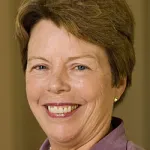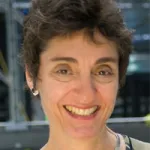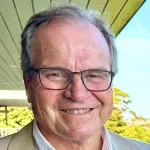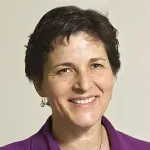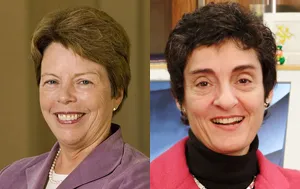
Inside Stanford Medicine - February 22nd, 2010 - by Mark Shwartz
“UnNatural Evolution,” a symposium on how environmental change and human activity are altering evolution across the planet, will take place on Feb. 26 from 1 to 7 p.m. in the Clark Center auditorium at Stanford University. The symposium is hosted by two interdisciplinary programs at Stanford: the Woods Institute for the Environment and Bio-X. The event is free and open to the public, but registration is required.
“What used to be the ‘natural’ process of evolution is now being altered by the magnitude of human impact,” said Ann Arvin, MD, vice provost and dean of research at Stanford. “We need to understand how our behaviors are influencing genetics across the biological spectrum from microorganisms to plants, animals and people.”
The symposium will begin with welcoming remarks by Arvin, along with Bio-X director Carla Shatz, PhD, professor of biology and of neurobiology, and Woods Institute co-director Jeffrey Koseff, PhD, professor of civil and environmental engineering.
“This symposium brings together renowned investigators who will share their knowledge about measuring and projecting the consequences of ‘unnatural’ evolution, and developing strategies that cross the traditional boundaries of biology, medicine and engineering to address these critical issues for human health and the environment,” said Arvin, who is also professor of microbiology and immunology at Stanford’s School of Medicine.
Vicki Chandler, PhD, chief program officer for science at the Gordon and Betty Moore Foundation, will deliver the keynote address, “Epigenetic gene silencing across generations.”
Chandler will be by followed by four senior fellows from the Woods Institute, who will present examples of unnatural evolution at work — from kitchen ants to cholera epidemics. Each presentation will be 30 minutes long:
- Deborah Gordon, PhD, professor of biology, “Invasive species, evolution and the ants in your kitchen”
- Gary Schoolnik, MD, professor of medicine and of microbiology and immunology, “Landscape transformation, climate and the evolution and epidemiology of cholera in south Asia”
- Eric Lambin, PhD, professor of environmental Earth system science, “Monitoring land change and its ecological impacts”
- Barbara Block, PhD, professor of biology, “Sushi and satellites: Tracking the future of tuna populations in the global oceans"
Donald Kennedy, PhD, Stanford president emeritus and Woods Institute senior fellow, will deliver closing remarks, followed by a barbeque at the Clark Center patio from 5 to 7 p.m.
For a complete schedule, please see the symposium's event page.
Established in 1998, the Bio-X program supports, organizes and facilitates interdisciplinary research connected to biology and medicine at Stanford. Founded in 2004, the Woods Institute for the Environment harnesses the expertise and imagination of leading academics and decision-makers to create practical solutions for people and the planet.

